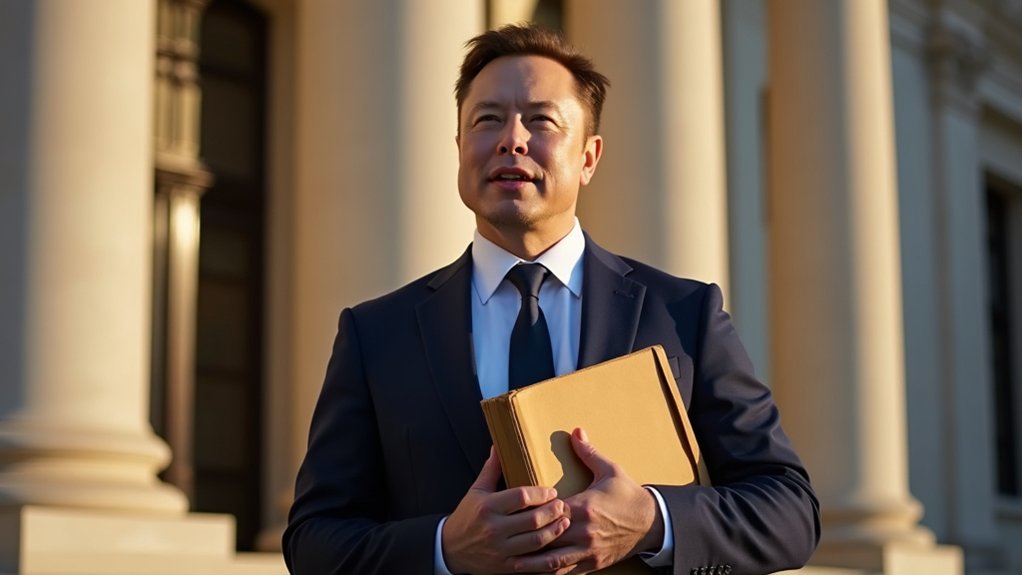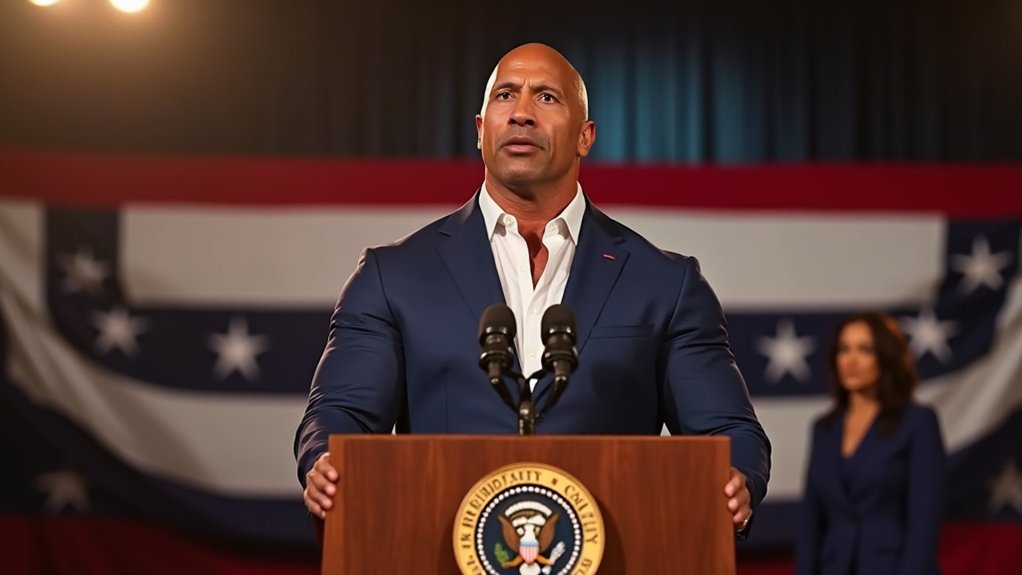The world’s richest man has decided that owning social media platforms, electric car companies, and space exploration ventures isn’t quite enough—apparently, what America really needs is Elon Musk‘s own political party. Following his highly publicized split with President Donald Trump over what he dubbed the “Big Beautiful Bill,” Musk announced formation of the America Party on July 6, 2025, branding existing fiscal policies as “debt slavery” and positioning himself as the savior of centrist America.
The catalyst for this political venture emerged from Trump’s legislation, projected to add over $3 trillion to the national debt—a figure that apparently crossed even Musk’s threshold for acceptable governmental profligacy. Having previously led the Department of Governmental Efficiency under Trump, Musk’s departure carries particular irony, given his former role in streamlining the very administration he now opposes.
Musk’s announcement reached over 220 million followers on X, where he subsequently conducted a July 4 poll asking users if they desired independence from the two-party system. The results—1.25 million participants with approximately 65% supporting a new party option—provided what Musk characterized as a public mandate for his “visionary centrism” targeting “the 80% in the middle.”
The America Party’s strategic approach reveals calculated pragmatism rather than grandiose ambition. Instead of immediately challenging presidential races, Musk plans to focus on “two or three Senate seats and eight to ten House districts,” establishing a congressional foothold before broader expansion. This measured approach acknowledges the substantial bipartisan electoral barriers that have historically stymied third-party movements.
However, significant obstacles remain. FEC filings show no official registration as of the announcement date, suggesting Musk’s “formation” represents more declaration than legal action. Trump’s response—including threats to investigate Musk’s immigration status and potential deportation—further complicates the political landscape. The White House dismissed Musk’s party as a significant threat, with Harrison Fields emphasizing that the Republican Party is stronger than ever under Trump’s leadership.
The party’s emphasis on fiscal responsibility and governmental efficiency appeals to voters frustrated with traditional partisan spending, yet critics question whether diverse centrist interests can coalesce around Musk’s leadership. The U.S. operates on a winner takes all system for Electoral votes, which historically complicates third-party electoral success and increases voter concerns about splitting votes in close races. Given the regulatory challenges that have plagued new ventures across various sectors, Musk’s political ambitions may face similar institutional hurdles.
Whether the America Party achieves meaningful electoral success or joins the graveyard of ambitious third-party ventures remains the ultimate test of Musk’s political acumen.









